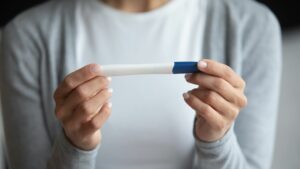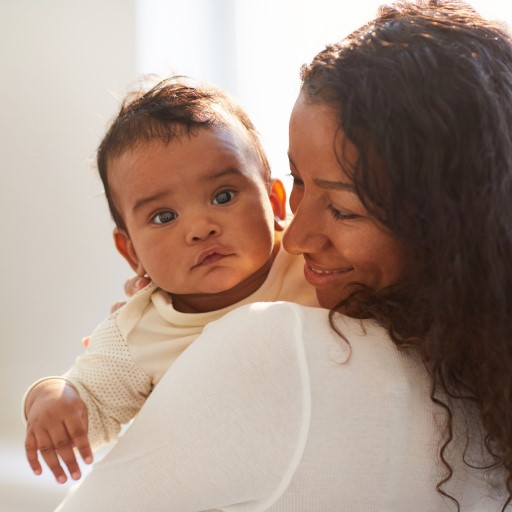When you are first told that you need to consider egg donation, it can be hard to hear.
There is a lot to think through. It is a challenge to make the shift emotionally and to figure out who in your social circles to tell, and how and when to tell your egg-donor child.
Egg donation: The big hurdle
The largest obstacle in regards to being an egg recipient is making the decision to do so. Choosing to use an egg donor is a difficult decision because no man or woman wishes to give up on his or her own biological offspring.
In years gone by, before we had in vitro fertilization (IVF) with intracytoplasmic sperm injection (ICSI), we had to tell some men that they had no reasonable chance to succeed, and we would recommend a sperm donor. The typical response was, “I hear you doctor, and I will think about it.” The couple would come back about a year later after they finally gave up on Mother Nature. Artificial insemination would then begin.
In the case of women who are facing low ovarian reserve, it is a different story. Oftentimes, women go through repeated IVF cycles, despite low odds of success. Some succeed, but many move forward by opening the door to egg donation. Once they begin to realize that the future is bright, they accept the situation and most of them do indeed succeed.
These struggles need to be addressed with your fertility doctor and with a personal counselor. If you have an established relationship with a counselor, that’s great. Just be sure that he/she is familiar with the issues related to fertility and egg donation. Otherwise, we can refer you to an experienced, objective and compassionate counselor, who can help you work through your emotions and options regarding egg donation.
Confidentiality
Even when you see pictures of women in their mid-forties on the cover of People magazine having babies, remember that how they conceived is confidential. The celebrities have a right to privacy about this and so do you. It is not a good idea to spread the word about egg donation to acquaintances and colleagues. It is best kept within the family. People tend to make assumptions if you are 45 and have a baby: let them just make the assumption.
Privacy is the keyword for most people. In many families, such as gay men having babies or parents at a certain age, if they have a baby it becomes obvious and confidentiality is not likely. The disclosure of how your little miracle occurred takes the path of least resistance.
Telling your child
The biggest issue to cover with an experienced counselor is how to address telling a child about the special way he or she was conceived. I had the good fortune of being in Australia in 1983 when the first successful egg donation case was carried out. Peter Lutjen and Alan Trounson, the true geniuses of early IVF in the world, and the team at Monash University in Melbourne used an animal model to guide them. After several failed attempts, they successfully performed in vitro with donated eggs in a woman in premature menopause.
Back then, it was all totally hush-hush and couples never told their children that they were egg donor babies. Now-a-days, the prevailing opinion is totally the opposite. Many therapists recommend a book called The Flight of the Stork by Anne Bernstein. It explains how children think about reproduction.
Our friend Evelina Sterling recommends in her book Having Your Baby Through Egg Donation that you begin telling the child slowly that there is something special about the way he or she was conceived. The experts explain that this needs to be a gradual process that parallels the ability of the child to understand reproduction. This is outlined very well in a chapter called “Parenthood After Egg Donation” in Sterling’s book.






